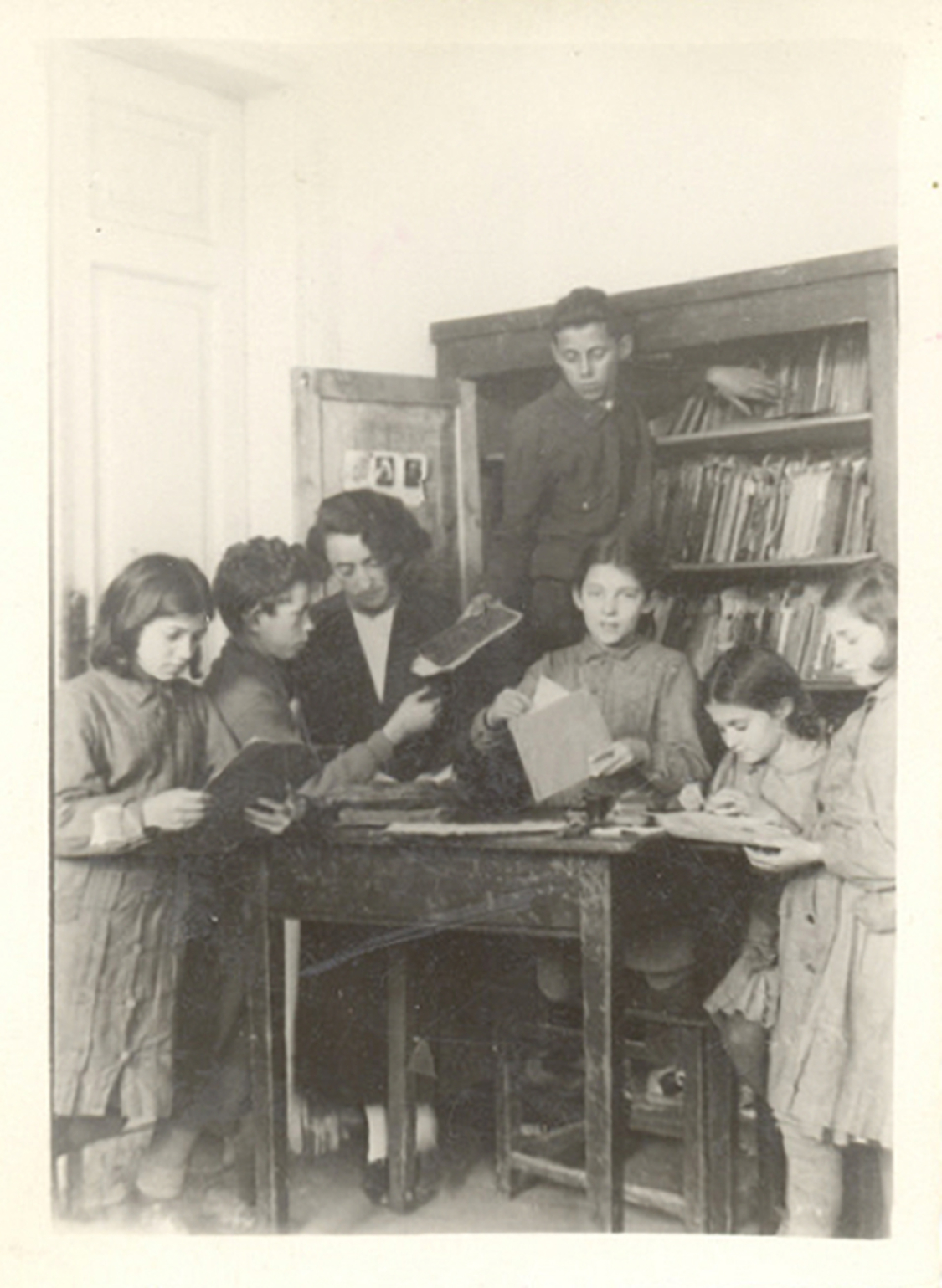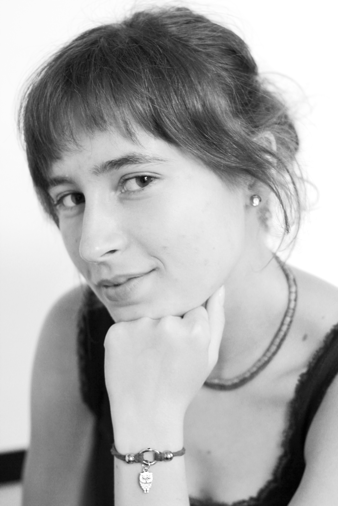Jewish Public Libraries in Interwar Poland

|
Max Weinreich Fellowship Lecture
The Dina Abramowicz Emerging Scholar Fellowship Admission: Free |
The 19th century saw a growing demand for secular literature and the development of new institutions, such as lending libraries, reading rooms and so-called modern, secular or public libraries. In these institutions, Jews could avail themselves of a wide variety of books unlike those traditionally found the collections of yeshivas or synagogues, which only held religious books. While most Orthodox Jews opposed the spread of secular literature, they were not able to stop the process of secularization, and public libraries quickly became an essential part of every city and shtetl. First established on Polish lands in mid-19th century, public reading rooms and libraries flourished in Poland during the interwar period and came to shape the cultural life of the Jewish community. This presentation will provide an overview of the development of Jewish public libraries in Poland in the years 1918-1939.
About the Speaker

Monika Biesaga is a PhD candidate at the Institute of Jewish Studies of the Jagiellonian University in Cracow, Poland. As a graduate of two faculties – in library studies and Jewish studies – she is working on her dissertation about the history of the Jewish public library movement in interwar Poland. Monika’s scientific interests evolve around the history of Jewish libraries, the fate of Jewish books after the Second World War, and the management of Judaica collections. During her academic career, Monika was awarded with the Dina Abramowicz Emerging Scholar Fellowship by the YIVO Institute for Jewish Research in New York (2017/2018), the POLIN Museum of the History of Polish Jews Scholarship (2015/2016), the Israeli Government Ministry of Foreign Affairs Scholarship (2015), the Rothschild Foundation Fellowship (2014) and an individual grant from the Center of Urban History in Lviv (2015). Currently, Monika is working as a reference specialist at the British Library.




